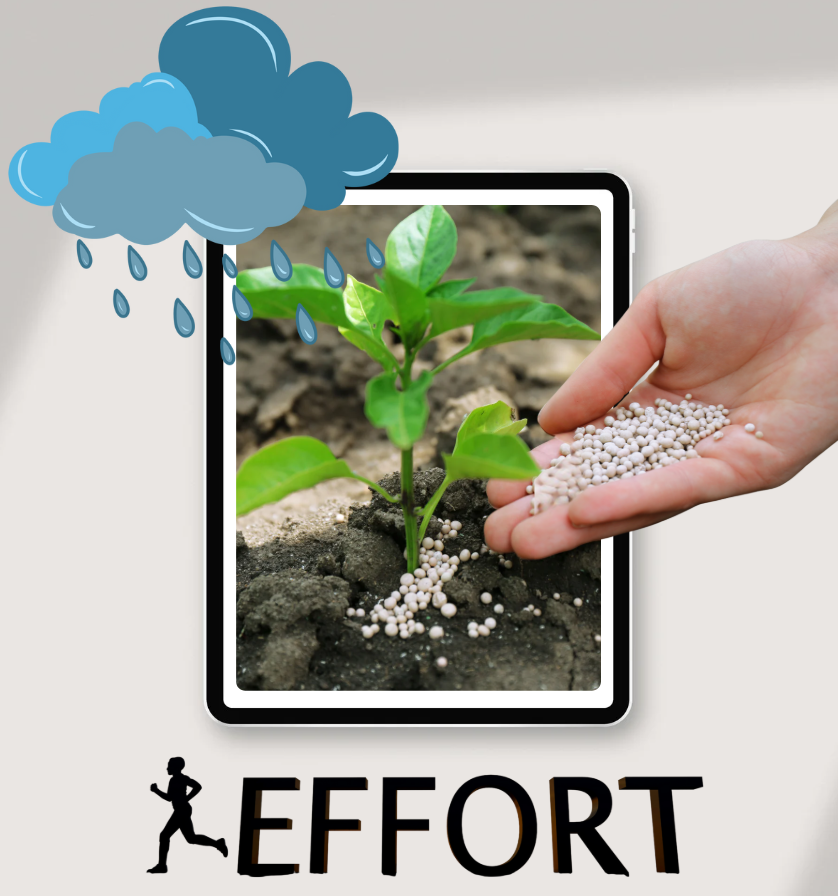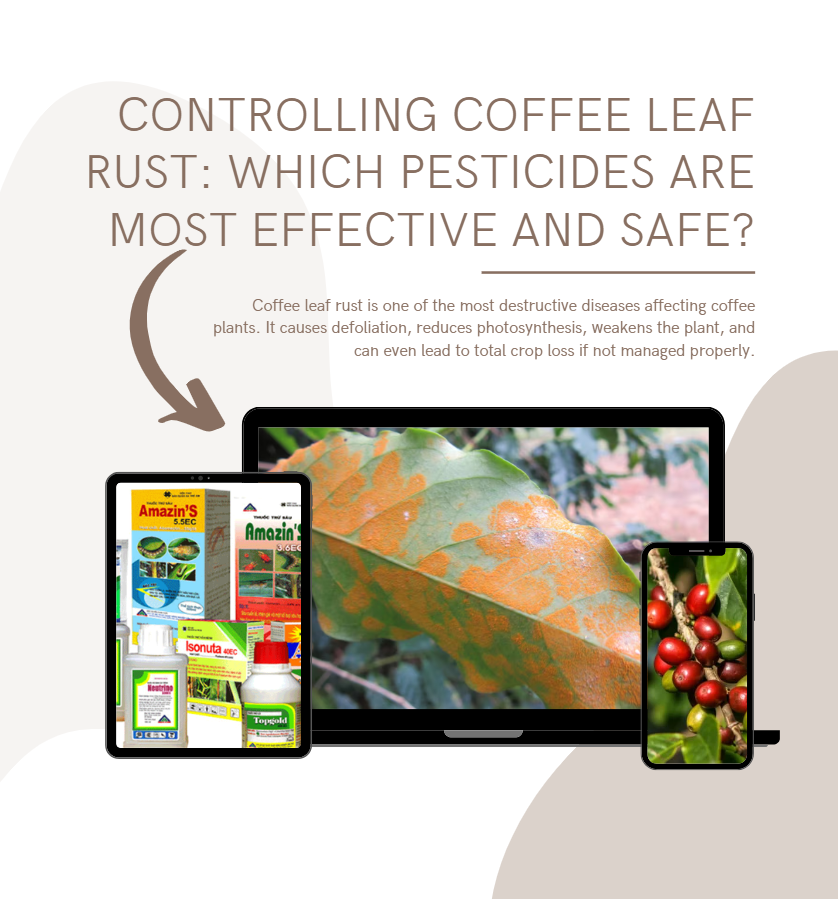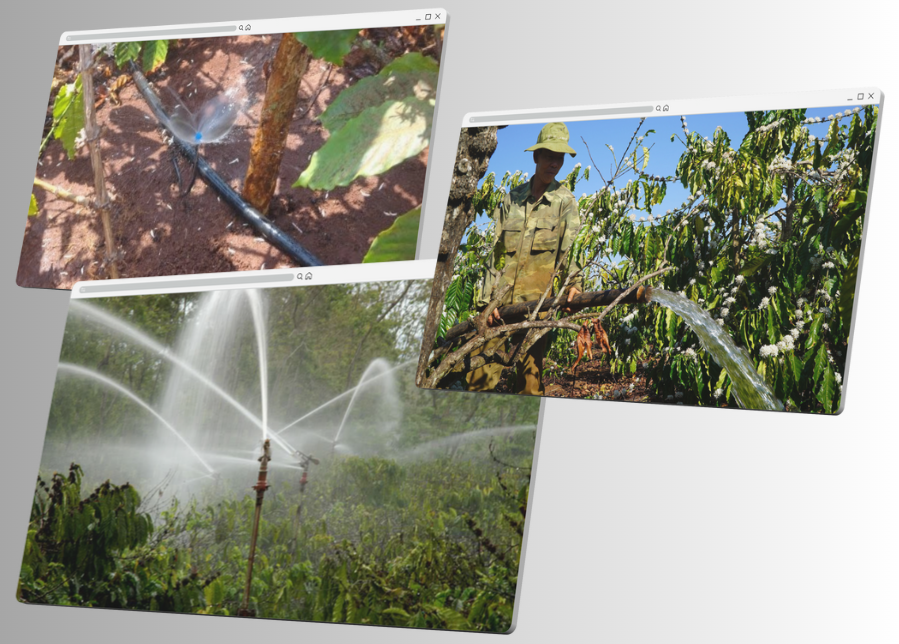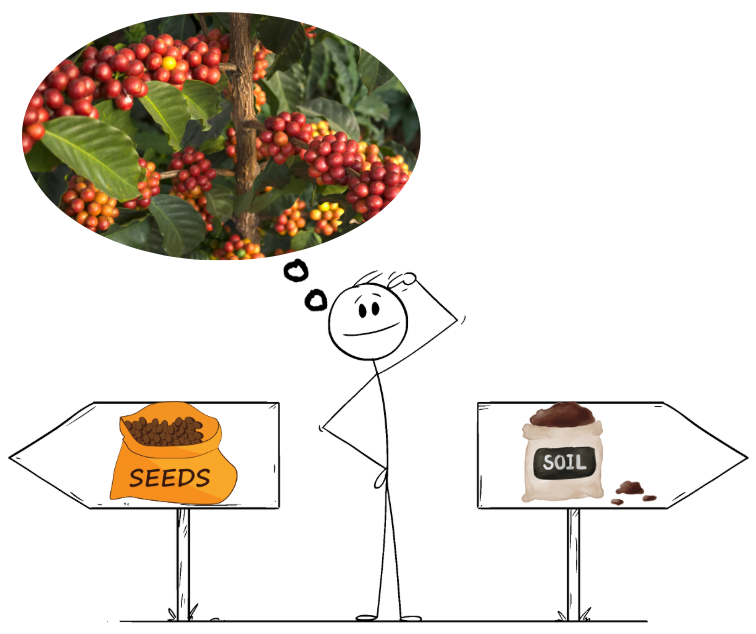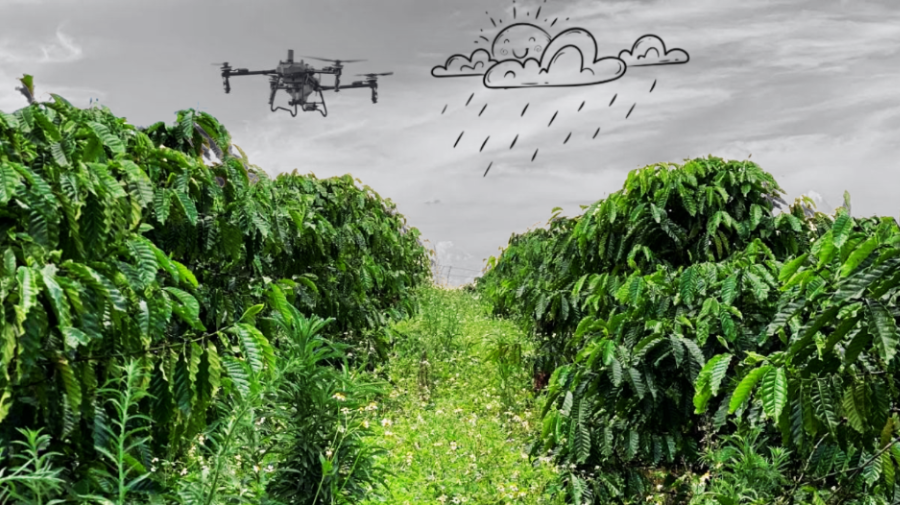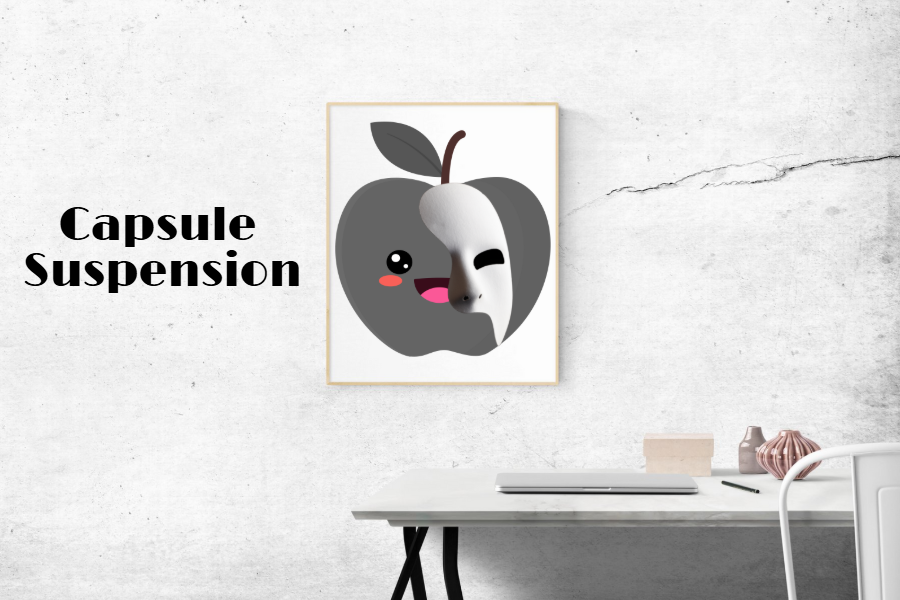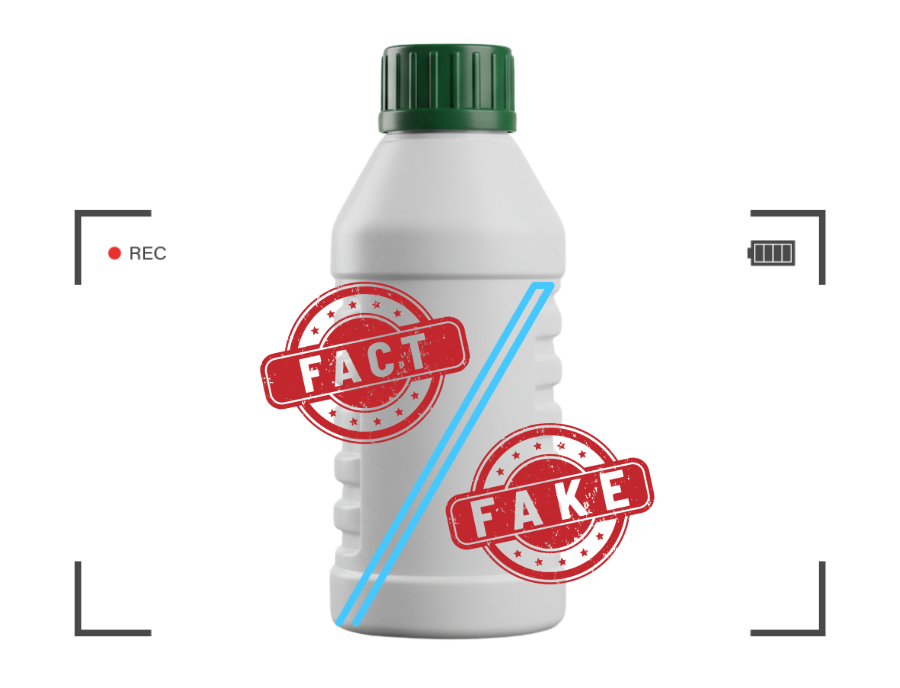The rainy season makes fertilizing crops challenging. Nutrients wash away easily, soil stays wet for long periods, and farmers must constantly watch the weather before applying fertilizer.
However, with the right timing, fertilizer choice, and technique, farmers can save 20–40% fertilizer & labor costs while keeping crops healthy and productive.
Read More